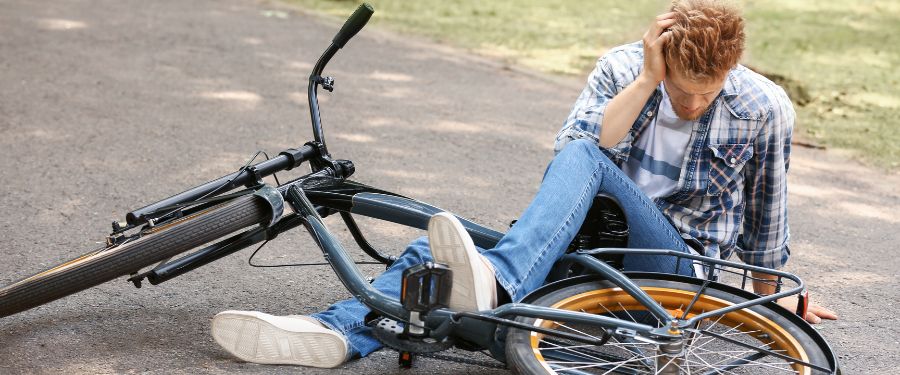Cycling under the influence is a grey area many may not think about when hitting the road after a few drinks. While Australian laws around drink driving or driving under the influence (DUI) are well-known, cycling while intoxicated carries similar punsihments.
This article breaks down the legal status, safety risks, and testing procedures involved with cycling under the influence in Australia.
Australian law on cycling under the influence
In Australia, DUI laws apply primarily to motor vehicle drivers, but some states extend these rules to cyclists. For example, in New South Wales, intoxicated cyclists can be fined if they’re found cycling while unfit to control the bike due to alcohol or drugs.
In Queensland and Tasmania, riding under the influence carries penalties that are closely similar to that of drink driving. Penalties can be enforced if a cyclist is found to be riding dangerously or recklessly due to alcohol consumption.
In Victoria, riding under the influence of alcohol can lead to fines of up to $1400 and potentially prison time of up to two months.
South Australia can suspend your driver’s licence if found cycling intoxicated and also considers this offence a DUI. Western Australia, on the other hand, sees this offence worthy of two penalty units (1 penalty unit in Western Australia is equal to $50 at the time of writing).
This same offence leads to a fine of up to $3,000, licence disqualification and a year-long prison term in the Australian Capital Territory, depending on the severity of the offence.
Lastly, Northern Territory’s laws state that it’s not technically illegal to ride drunk but one can still be charged for riding dangerously.
Can you get tested for alcohol while riding a bike?
Although cyclists aren’t generally subject to random breath testing like motorists, they may still be stopped if suspected of being dangerously intoxicated. Some regions give police the discretion to test cyclists for alcohol if they seem impaired, which can lead to penalties, fines, or warnings.
Police in states like Victoria and South Australia have specific powers to handle visibly intoxicated cyclists, underscoring the importance of knowing how local rules affect riders on the road.
READ MORE: 787 NSW drivers charged for drink/drug driving
Health and safety risks of cycling under the influence
Alcohol affects motor skills and impairs judgement, both critical for safe cycling. According to studies, impaired cyclists have reduced balance, slower reaction times, and compromised decision-making, increasing their risk of serious accidents.
Data from several studies show that intoxicated cyclists are more likely to be involved in road accidents and sustain injuries, especially in areas with high traffic volumes. This risk extends not only to the cyclists themselves but also to others on the road.
Alternatives to cycling after drinking
There are plenty of safer ways to get home after drinking that don’t involve hopping on a bike. You can opt for public transport, book a ride-share, or walk if it’s safe to do so. Planning ahead by arranging a “ride-home” plan can help prevent risky situations on the road.
While cycling under the influence may not have the same penalties as drunk driving in most states, it remains a dangerous choice with serious potential consequences.
Being aware of local laws and understanding the risks associated with riding after drinking helps make the streets safer for everyone.
For those who want to take extra precautions, investing in personal breathalysers can be a smart choice. These devices allow you to check your blood alcohol content (BAC) before deciding to hit the road, giving you peace of mind and helping you make responsible choices every time.





